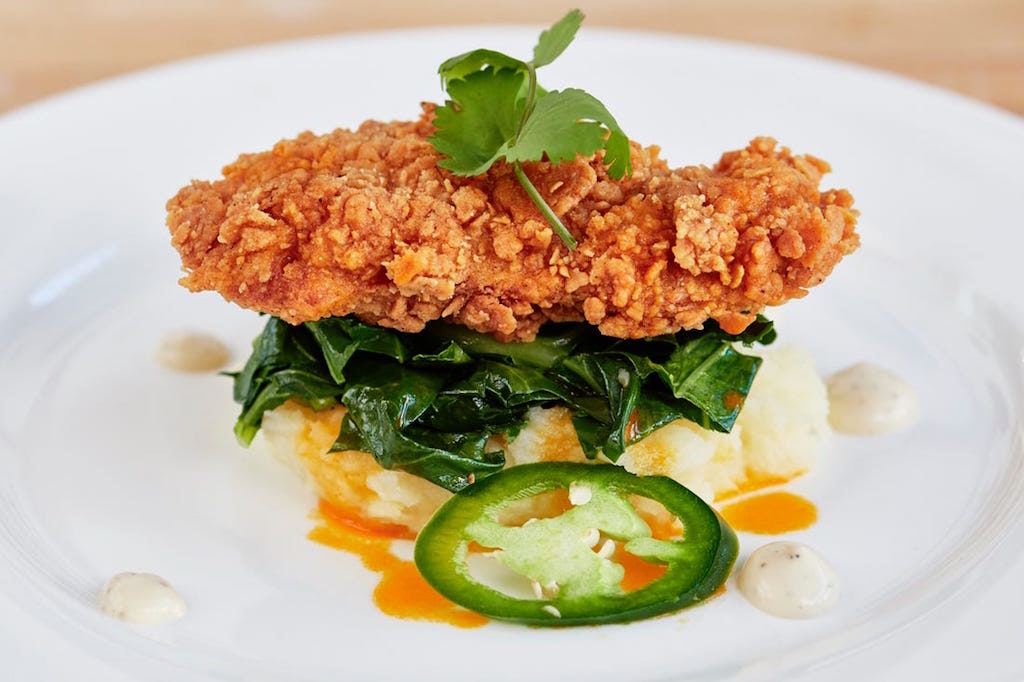4 Mins Read
California-based food tech startup Memphis Meats has just completed a historic US$161 million Series B round of funding, which attracted investment from big institutional names Softbank, Temasek and Norwest Venture Partners. The milestone infusion of capital, which is greater than all of the publicly disclosed investment into the cultivated meat industry so far, is an indication that investor confidence in progress in the cultivated industry is at an all time high.
Memphis Meats, the Berkeley, California-headquartered cultivated meat startup, has just secured a US$161 million Series B funding round, led by Japanese WeWork-backing conglomerate Softbank, the Singaporean government’s Temasek and Well Fargo’s Norwest Venture Partners. The latest injection of cash marks a milestone, which is greater than all of the publicly disclosed funding into the cultivated meat industry, essentially doubling the current industry’s investment to date.
The company is also the first out of the growing number of cultivated startups to raise a Series B round. Memphis Meats is planning to use this funding to build a pilot production facility and launch products into their market, according to a company statement.
“This investment round is a monumental milestone in the progress of the field…and will help Memphis Meats move toward the scale they will need to get their products to market,” commented Good Food Institute (GFI) executive director Bruce Friedrich.
Within months of founding in 2015 by cardiologist and professor at the University of Minnesota Dr Uma Valeti and stem cell biologist Nicholas Genovese, Memphis Meats produced the world’s first cultivated beef meatball, chicken and duck.
The company, which began with the mission of transforming unsustainable animal agriculture, previously raised US$3 million in 2016, and an additional US$17 million in their Series A round in 2017. These rounds won investment from institutional meat giants such as Tyson Foods and Cargill, as well as individual celebrities including Bill Gates and Richard Branson.

Memphis Meats’s record-breaking funding round sends a strong signal about the future of the cultivated food industry. According to data from the GFI, there are currently 43 cultivated meat companies across 5 continents producing 15 different meat products – and this number is set to grow as more scientists breakthrough technological hurdles to develop more sustainable cell-based meat products.
As it becomes more evident that the multi-trillion dollar big meat and dairy industry has to change, given the pressing issue of our climate crisis that is seriously threatening our global food system security, the economy and physical lives, Memphis Meats’ funding round reflects that investors are realising the huge potential of the alternative protein industry, driven by consumers who are demanding sustainable options.
Already, investors have shown huge willingness to finance plant-based startups, whose vegan-friendly products have launched to huge fanfare, as people around the world wake up to the devastating environmental impact of consuming meat and dairy in recent years. Notably, Silicon Valley-based food tech Impossible Foods who shot to fame for their “bleeding” heme-filled plant-based burger patties has raised a total of US$750 million since their 2011 inception.

The cultivated industry is currently already booming with innovation. Last year brought in cell-based dairy milk from Singapore startup TurtleTree Labs, who also recently completed their pre-seed funding round, French cultivated startup GOURMEY harvesting foie gras from duck eggs, Hong Kong’s Avant Meats growing fish swim bladder, and US-based Galy producing a cotton “biomaterial” via cellular agriculture. As predicted by Green Queen, the cultivated industry will likely apply their technologies to more sectors that still employ some form of production related to animals, such as silk manufacturing and microbial-based fragrances.
However, food tech experts also caution against over-optimism for the cultivated industry, as government support is still necessary for enough growth, innovation, training and even the playing field to take on the massive meat and dairy players. “This is still an industry that has sprung up almost overnight and it is important to keep a sense of perspective here…the very first prototype was only produced 6 years ago. Continued resources will be needed for years to come,” explained Friedrich.
All images courtesy of Memphis Meats.




